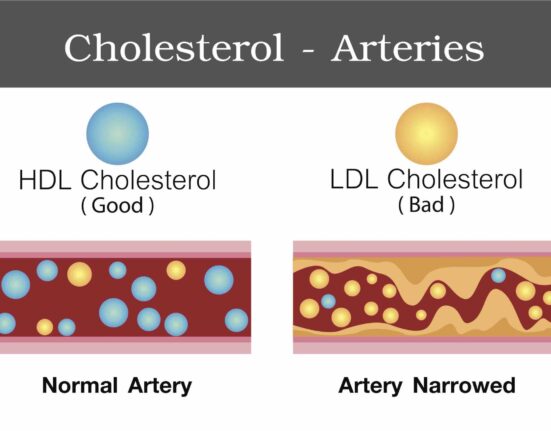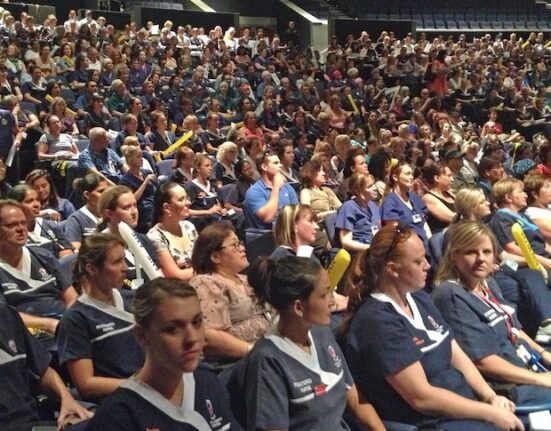Jamaine, a proud Wurundjeri man, was more than a statistic in the staggering reality of homelessness. He was an IT genius, dreaming of making a difference in Aboriginal services and finding love. But his struggles with unstable housing, trauma, and addiction ultimately led to his premature death at just 29 years old.
“He was very intelligent,” his uncle Michael reminisces. “He made his own computer.” Despite his talents, Jamaine’s life was marred by a turbulent upbringing marked by abuse and instability. His battle with complex PTSD and alcoholism reflected the deep scars he carried from past traumas.
In the midst of hardship, Jamaine found fleeting moments of refuge in social housing but tragically succumbed to liver failure within weeks of moving in. His untimely death sheds light on a much larger crisis facing Australia – the alarming rate at which homeless individuals are dying prematurely.
“He was a really good person,”
Colleen lovingly recalls.
“Everyone loved him.”
The story of Jamaine is not isolated; it is part of a harrowing narrative affecting nearly 1,500 homeless Australians each year who perish under similar circumstances. Advocates emphasize that these deaths are preventable if adequate support systems and resources are put in place to address the root causes of homelessness.
Amidst heartbreaking accounts like Jamaine’s lies a deeper structural issue within Australia’s housing system – one rife with challenges that hinder vulnerable individuals from accessing stable accommodation and essential services they desperately need for survival.
As Erin from Anchor, a frontline housing organization, recounts her interactions with Jamaine during his time sleeping rough near Lilydale Creek, it becomes evident how systemic failures coupled with personal struggles created insurmountable obstacles for those seeking stability amidst adversity.
“It shouldn’t be a death sentence,”
asserts CEO Heidi Tucker from Anchor as she underscores the urgency for collaborative efforts to combat homelessness effectively. The recent spike in annual homelessness-related deaths highlights the pressing need for strategic interventions that prioritize early intervention and holistic support frameworks.
Professor Lisa Wood’s research on homeless populations further illuminates the disproportionate impact on Indigenous Australians experiencing homelessness. The intersectionality of race, socioeconomic factors, and health disparities magnifies the vulnerabilities faced by marginalized communities grappling with inadequate healthcare access and support networks.
Wood emphasizes the critical role of proactive healthcare outreach tailored to homeless populations’ unique needs to bridge gaps in preventive care and timely interventions. By fostering trust and understanding within healthcare systems, there is potential to mitigate risks associated with late diagnosis or untreated health conditions prevalent among rough sleepers.
Despite mounting calls for increased transparency regarding homelessness deaths, policy responses remain fragmented across different states like NSW and SA while Victoria grapples with its own set of challenges surrounding data collection and reporting protocols related to this crisis.
In memory of individuals like Jamaine who lost their lives prematurely due to homelessness-related issues, there is an urgent call-to-action resonating through their stories – one that demands comprehensive reforms addressing systemic inequities impacting some of society’s most vulnerable members.









Leave feedback about this